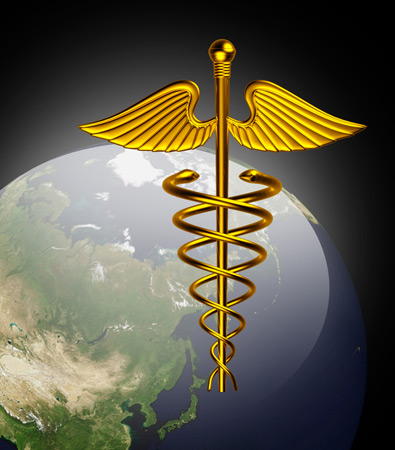Health and Medical: Health Care System
Like most European countries, the U.K. has a well-developed public health system coordinated by a national health ministry. The health ministry is responsible for defining goals and strategy for better health; it monitors the performance of the health care providers and regulates and regulates as necessary. The World Health Organization’s June 2000 assessment of health systems ranked the United Kingdom 18th of its 191 member countries in overall performance. The UK stood out especially in the area of distribution of health in the overall population, where it achieved second place from the top. (Chile was in first place.)
While medical services are widely available, free care under the National Health System (NHS) is provided only to UK residents and certain EU nationals. Tourists and short-term visitors will be charged for medical treatment in the United Kingdom. Charges may be significantly higher than those assessed in your home country; furthermore, most medical facilities and medical care providers in the United Kingdom do not accept insurance subscription as a primary source of payment. Rather, the beneficiary is expected to pay for the service and then seek reimbursement from the insurance company. This may require an upfront payment in the US$10,000 to $20,000 range.
Locating a Doctor
Embassies and consulates generally maintain lists of physicians, dentists, and medical facilities for the benefit of travelers. Also, the International Association for Medical Assistance to Travellers (IAMAT) maintains a database of fully licensed, English-speaking doctors around the world. Office visits are available to IAMAT members at fixed rates advertised on the website, www.iamat.org.
Sources: US Department of State; World Health Organization
World Trade Press accepts no liability for statements on this page. Consult your healthcare provider for more information.
Copyright © 1993—2024 World Trade Press. All rights reserved.

 United Kingdom
United Kingdom 
